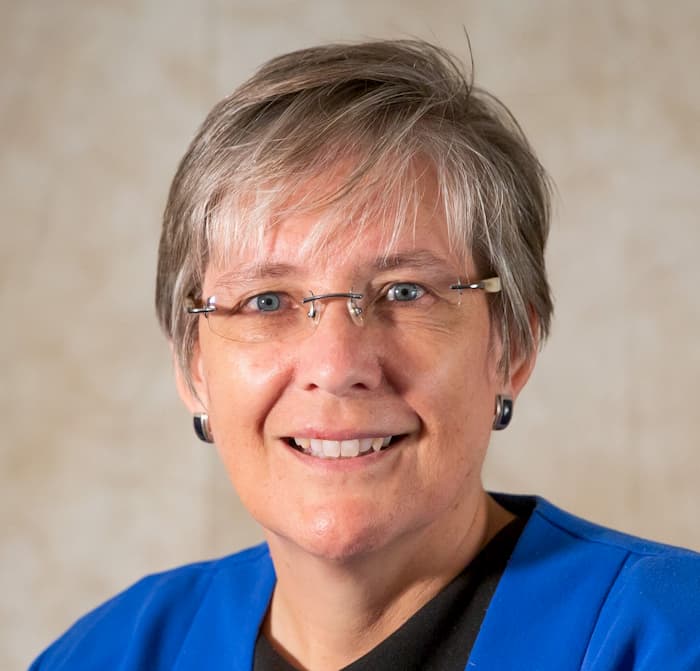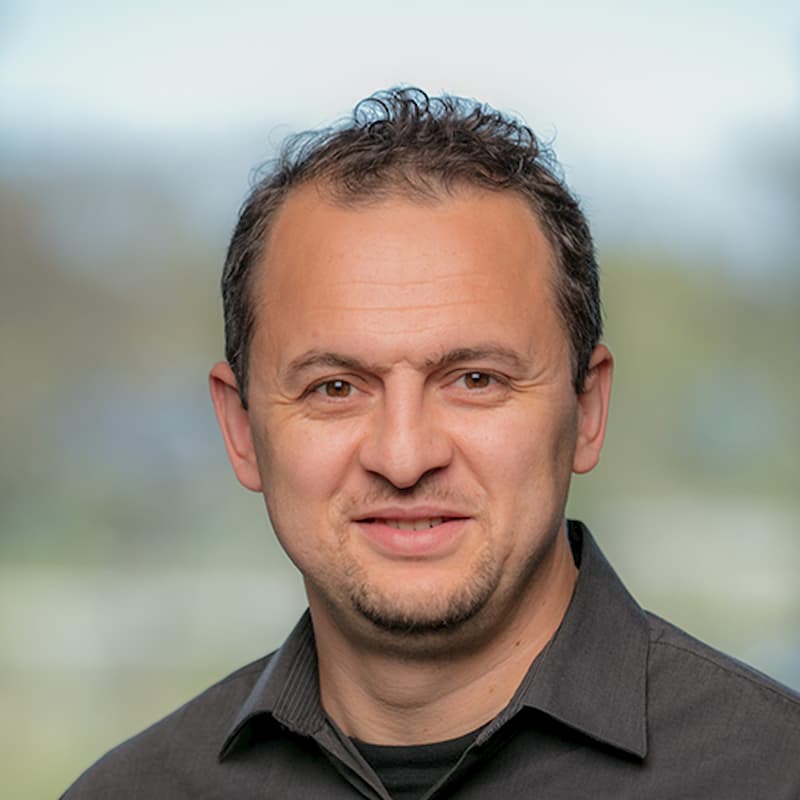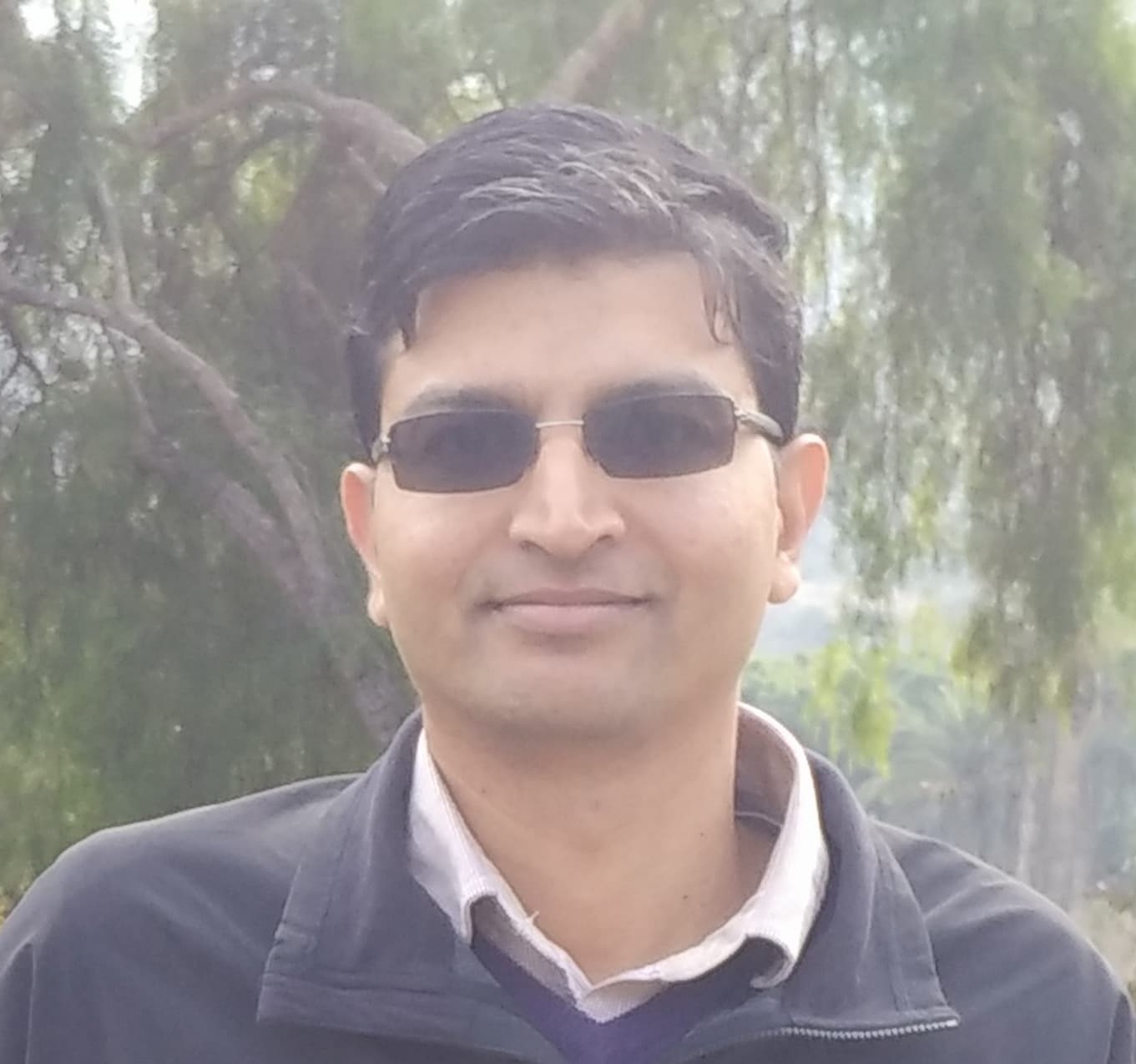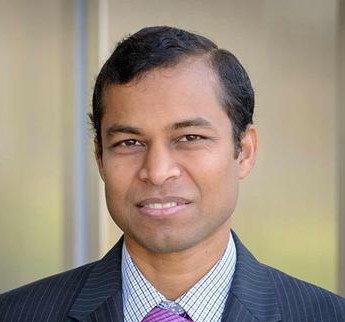-

Division Chief, Professor of Pediatrics
The Frazer Lab is using two complementary approaches to achieve their goal of identifying and characterizing functional human genetic variants. Their first approach utilizes iPSCORE, a resource that was generated to enable both familial and association-based genetic studies of molecular and physiological phenotypes in induced pluripotent stem cells (iPSCs) and derived cell types. Their second approach involves conducting association studies in well-characterized cohorts with the goal of identifying variants that play roles in human disease and to assess their contributions to disease pathogenesis, progression, and prognosis.
-

Assistant Adjunct Professor
The focus of Dr. Ay's work is to understand gene regulation in complex organisms and diseases by developing novel methods that leverage high-throughput genomics and epigenomics data. He develops computational methods that are based in statistics, machine learning, optimization and graph theory. He is particularly interested in the analysis and modeling of the 3D genome architecture from high-throughput chromatin conformation capture data to understand how do changes in this 3D architecture affect cellular outcome such as development, differentiation, gene expression and disease phenotypes.
-

Assistant Professor of Pediatrics
Dr. Bansal's research is focused on development of computational and statistical methods for the detection and analysis of human genetic variation using high-throughput sequencing technologies and understanding the role of rare variants in human disease.
-

Assistant Professor of Pediatrics
Dr. Sahoo's lab focuses on developing high-throughput data analysis techniques towards understanding complex biological processes in human normal and diseased tissues. They identify simple Boolean patterns in high-dimensional datasets and correlate them to the underlying biological processes. They have successfully applied this concept in blood stem cell differentiation and bladder cancer.
